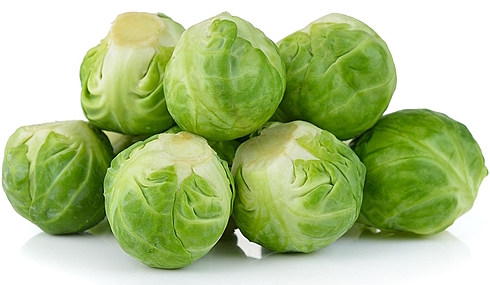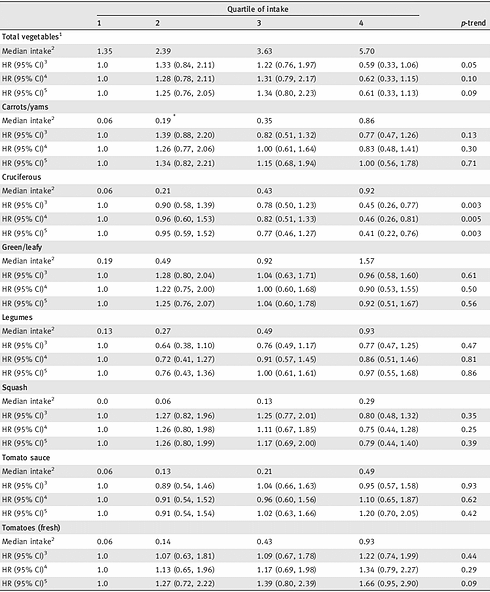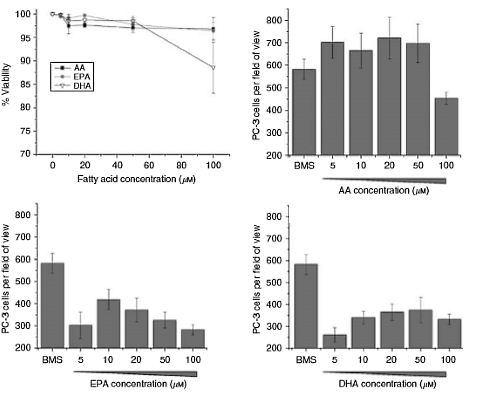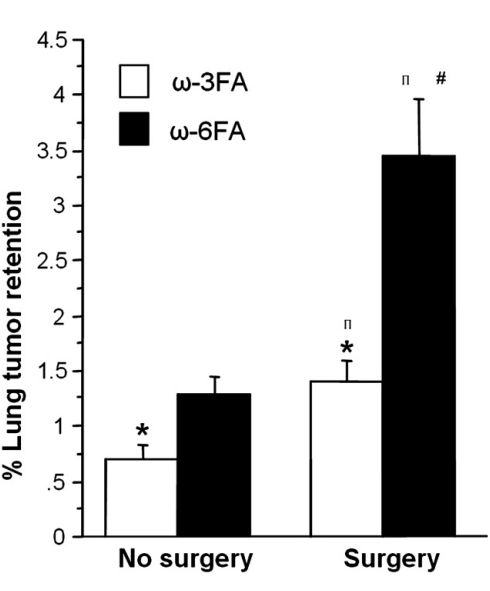|
Cabbage can help prostate cancer survival
Men with prostate cancer increase their chances of survival if they eat cabbage regularly, according to an epidemiological study that researchers at Harvard School of Public Health published in the International Journal of Cancer. The study suggests that prostate cancer sufferers can halve the rate at which the disease develops if they eat cabbage nearly every day.

Diet & prostate
Men's diet has an influence on whether they remain free from prostate cancer. According to epidemiologists, they can boost their chances by consuming relatively large quantities of fish fatty acids [Int J Cancer. 2007 Jan 15;120(2):398-405.] and sufficient amounts of selenium, as well as by eating brassica vegetables, beans, mushrooms and processed tomato products.
But what about men who already have prostate cancer? Can diet have a positive effect on this group too? Yes it can, say epidemiologists.
Study
In the summer of 2012 the Harvard epidemiologist Erin Richman reported that cabbage has a protective effect against prostate cancer. Richman used data on 1560 men who had prostate cancer without metastases, gathered in the period 2004-2999 for the Cancer of the Prostate Strategic Urologic Research Endeavor study.

Richman focused on the effect of fruit and vegetables and examined the extent to which these can delay the development of the disease. This includes inhibiting the spread of tumours, preventing tumour resistance to drugs and also the prevention of death from the disease.
Results
Richman's study showed that fruit had no effect on the development of prostate cancer, but that vegetables did have an effect. Within this category however there was only one group that had a pronounced effect – and that was cabbage. Tomato products – which strictly speaking belong to the category 'fruit' and not 'vegetables' – had no effect.
The figure below shows that the men who ate cabbage almost every day [0.92 times per day to be precise] reduced their chance of developing prostate cancer to 0.41, compared with the men who almost never [0.06 times a day] ate cabbage.
Click on the table for a larger version.

Mechanism
The researchers suspect that glucosinolates are the active substances in cabbage. "Glucosinolates are hydrolyzed to form isothiocyanates and indoles, which have anti-carcinogenic effects in vitro and in vivo", they write. [Eur J Nutr. 2008 May; 47 Suppl 2:73-88.] "The isothiocyanate, sulforaphane, promotes apoptosis and cell cycle arrest in prostate cancer cells." [Carcinogenesis. 2004 Jan; 25(1): 83-90.]
Conclusion
"These data strengthen the rationale to investigate the phytochemicals of cruciferous vegetables in men with prostate cancer, and if confirmed, provide dietary guidance for men with prostate cancer", the researchers conclude.
Source:
Int J Cancer. 2012 Jul 1;131(1):201-10.
More:
Supplementation with MCP slows prostate cancer 29.08.2020
Interval training slows down prostate cancer 23.09.2017
Prostate cancer grows half as fast in walkers 20.01.2013
Archives:
Cancer Prevention & Survival
Prostate Cancer
|






